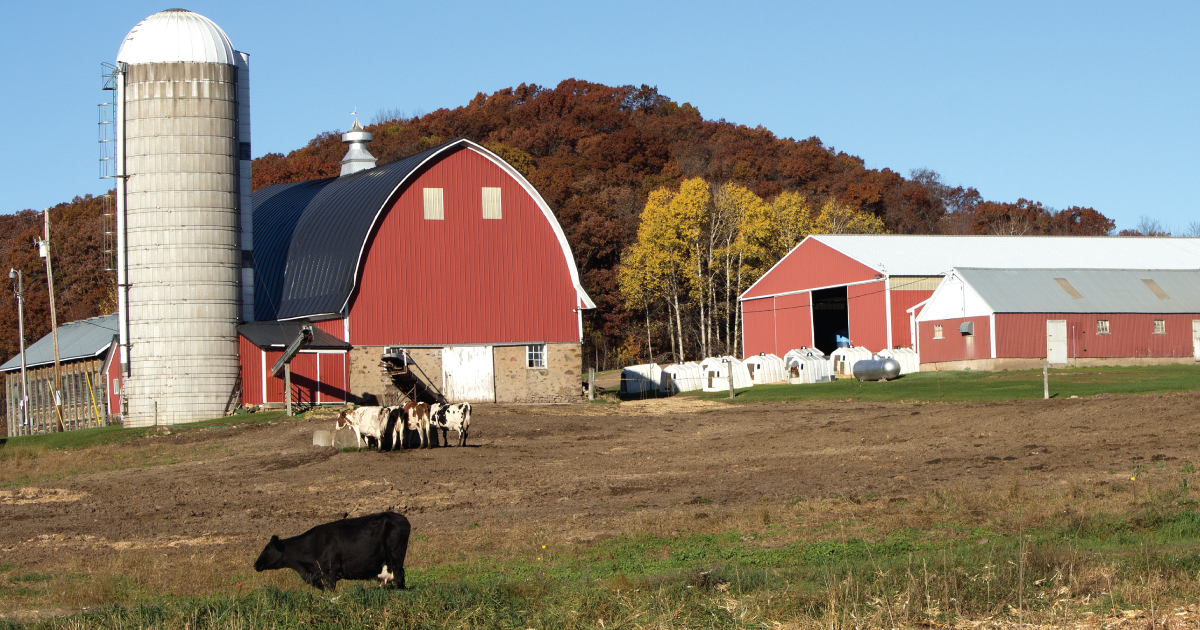
Which Way to Turn?
Mark Kastel, a passionate organic farming watchdog, lays out the crisis that is chipping away at the moral high ground occupied by organic food. Consumers pay a premium price for federally certified organic farm goods, he says, not just for the selfish reason of protecting their own health from chemical additives, but also because “they believe they’re doing something good for society.”
February 3, 2020 | Source: Wisconsin Examiner | by Marc Eisen
The crisis in organic farming has divided advocates on how to protect organic integrity.
(Part two in a two-part series.)
Mark Kastel, a passionate organic farming watchdog, lays out the crisis that is chipping away at the moral high ground occupied by organic food.
Consumers pay a premium price for federally certified organic farm goods, he says, not just for the selfish reason of protecting their own health from chemical additives, but also because “they believe they’re doing something good for society.”
“They believe they’re supporting a more environmentally responsible way of farming. A more humane animal husbandry,” he says. “And they believe economic justice for the farmers and for the farm workers is built right into that higher price.”
All that is jeopardized, Kastel warns, when consumers learn things, like, a single milk-processing plant in Colorado, supplied by 5,000- to 15,000- cow factory farms, is shipping certified organic milk all across the country. That milk is faux organic, he argues, and “undercuts real organic farms” in Wisconsin by cheating on the federal organic rules.
